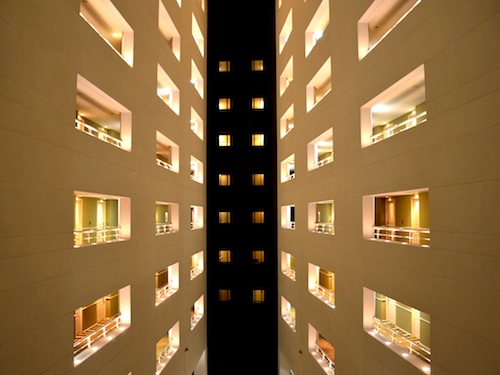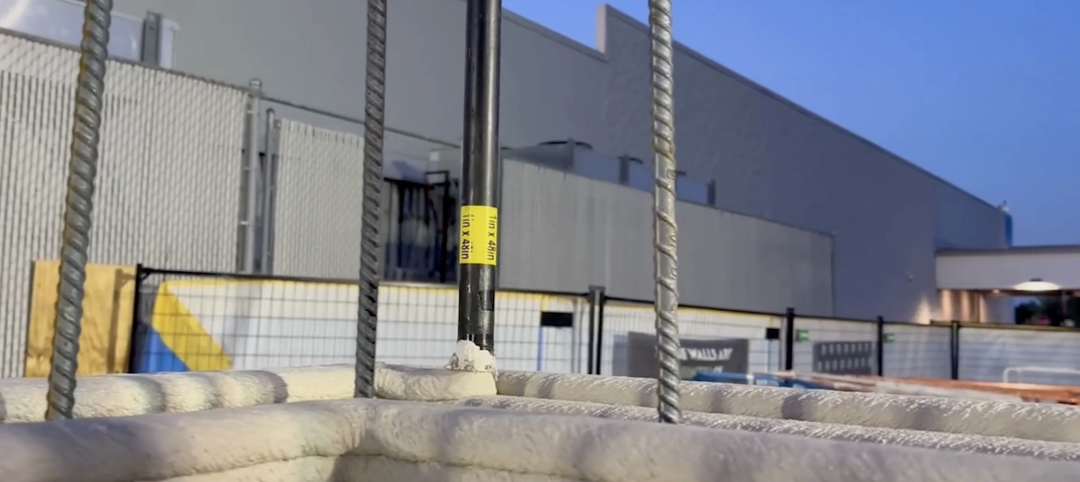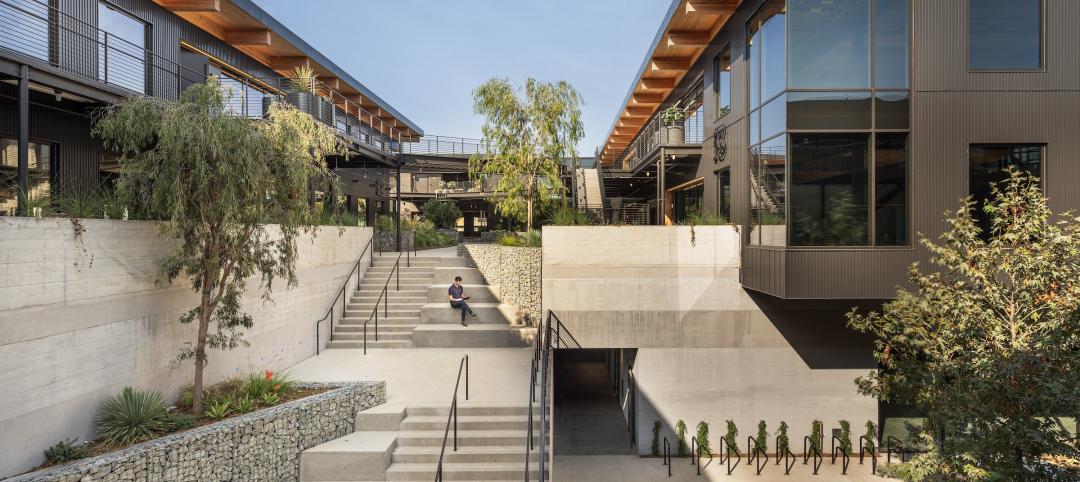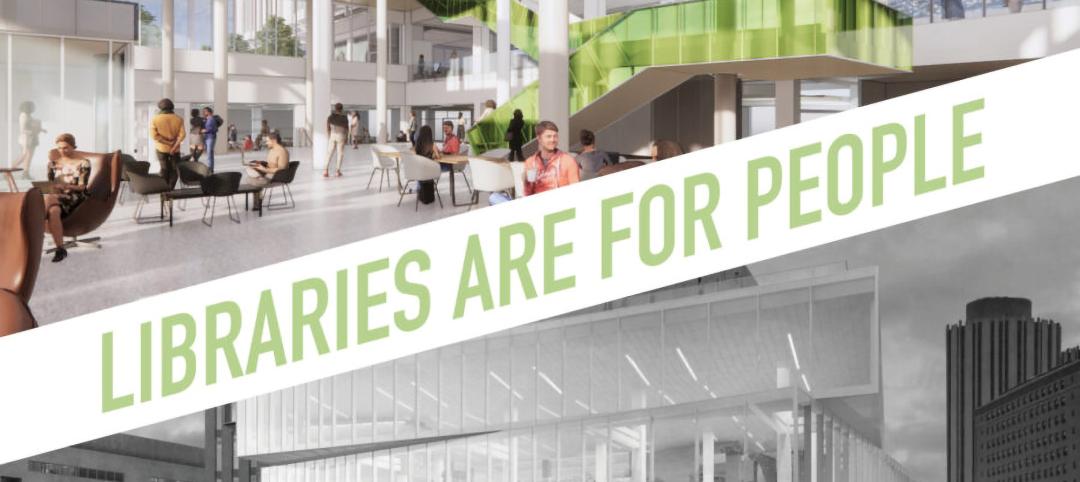RALEIGH, N.C., (April 5, 2013) – FMI, the largest provider of management consulting and investment banking services* to the engineering and construction industry released today its Q1-2013 Construction Outlook. Although the strength of individual markets is shifting, the forecast for total construction-put-in-place for 2013 continues to show an increase of 8% over 2012 levels. The $918,897 million estimate is a solid improvement, but FMI does not expect to return to the days of annual construction above the trillion-dollar mark until 2015.
The star of the show is residential buildings with a 23% rise in single-family buildings. While much of business sector is still in wait-and-see mode, some industries are breaking the mold and planning for growth. Commercial, lodging and office construction are starting to pick up.
The rich shale regions of the country are seeing a lot of construction activity. With oil and gas exploration booming, these regions are in need of housing, as well as the construction of roads, rail and pipelines to move the product from the fields to refining and distribution sites.
In addition, the potential for greater energy independence and lower energy prices is helping to make the U.S. more competitive in the global market and enticing more manufacturing to relocate in the U.S.
Residential Construction — Single-family housing put in place grew 19% in 2012, and FMI expects another 23% growth to reach $161 billion by the end of 2013. Multifamily construction improved a whopping 47% in 2012, with FMI looking for another 31% in 2013.
Nonresidential Construction Trends and Forecasts by Sector:
Lodging — After three years of steep declines, the market for lodging construction came back a strong 25% in 2012 and FMI expects another 10% growth in construction put in place for 2013.
Office — Office construction is finally showing a solid but slow turnaround with 5% growth in 2012 and another 5% increase expected in 2013.
Commercial — Commercial construction is the third largest nonresidential construction market behind education construction and manufacturing construction. That is why it is good to see that it continues into its third year of good growth, moving up 8% in 2012 and looking for another 7% to reach $50.3 billion in 2013.
Health care — Health care construction was moderate in 2012, growing only 3%, but FMI expects it to pick up in 2013 to 8% to $44.2 billion construction put in place for the year.
Manufacturing — Manufacturing construction increased 17% in 2012. It will continue with another 6% increase for 2013 through 2014.
Power-related — Construction for the power market grew 9% in 2012 and will continue to grow between 8% and 9% through 2017.
Related Stories
Sustainability | Sep 18, 2024
3 living buildings made by a living practice
Prompting humans to reexamine our relationship to the environment, architecture creates the opportunity for us to physically experience ideas of beauty, performance, and structure through the distinct lens of place.
3D Printing | Sep 17, 2024
Alquist 3D and Walmart complete one of the nation’s largest free-standing, 3D-printed commercial structures
Walmart has completed one of the largest free-standing, 3D-printed commercial structures in the US. Alquist 3D printed the almost 8,000-sf, 20-foot-high addition to a Walmart store in Athens, Tenn. The expansion, which will be used for online pickup and delivery, is the first time Walmart has applied 3D printing technology at this scale.
Retail Centers | Sep 17, 2024
Thinking outside the big box (store)
For over a decade now, the talk of the mall industry has been largely focused on what developers can do to fill the voids left by a steady number of big box store closures. But what do you do when big box tenants stay put?
Government Buildings | Sep 17, 2024
OSHA’s proposed heat standard published in Federal Register
The Occupational Safety and Health Administration (OSHA) has published a proposed standard addressing heat illness in outdoor and indoor settings in the Federal Register. The proposed rule would require employers to evaluate workplaces and implement controls to mitigate exposure to heat through engineering and administrative controls, training, effective communication, and other measures.
Codes and Standards | Sep 17, 2024
New California building code encourages, but does not mandate heat pumps
New California homes are more likely to have all-electric appliances starting in 2026 after the state’s energy regulators approved new state building standards. The new building code will encourage installation of heat pumps without actually banning gas heating.
Mass Timber | Sep 17, 2024
Marina del Rey mixed-use development is L.A.’s largest mass timber project
An office-retail project in Marina del Rey is Los Angeles’ largest mass timber project to date. Encompassing about 3 acres, the 42XX campus consists of three low-rise buildings that seamlessly connect with exterior walkways and stairways. The development provides 151,000 sf of office space and 1,500 sf of retail space.
Education Facilities | Sep 16, 2024
Hot classrooms, playgrounds spur K-12 school districts to go beyond AC for cooling
With hotter weather occurring during the school year, school districts are turning to cooling strategies to complement air conditioning. Reflective playgrounds and roads, cool roofs and window films, shade structures and conversion of asphalt surfaces to a natural state are all being tried in various regions of the country.
Office Buildings | Sep 16, 2024
Maximizing office square footage through ‘agile planning’
Lauren Elliott, RID, NCIDQ, Director of Interior Design, Design Collaborative, shares tips for a designing with a popular and flexible workspace model: Agile planning.
3D Printing | Sep 13, 2024
Swiss researchers develop robotic additive manufacturing method that uses earth-based materials—and not cement
Researchers at ETH Zurich, a university in Switzerland, have developed a new robotic additive manufacturing method to help make the construction industry more sustainable. Unlike concrete 3D printing, the process does not require cement.
Libraries | Sep 12, 2024
How space supports programming changes at university libraries
GBBN Associate Sarah Kusuma Rubritz, AIA, uses the University of Pittsburgh's Hillman Library to showcase how libraries are transforming to support students’ needs.

















